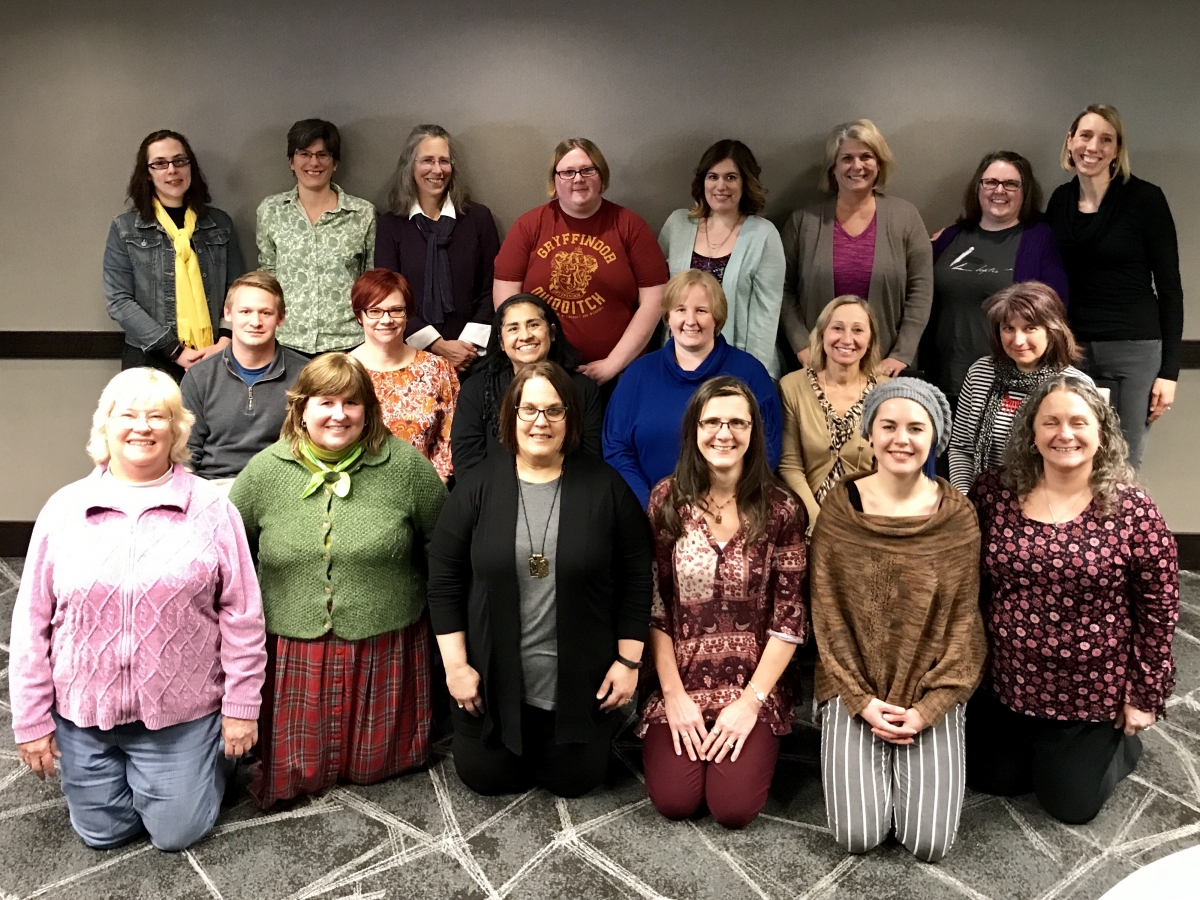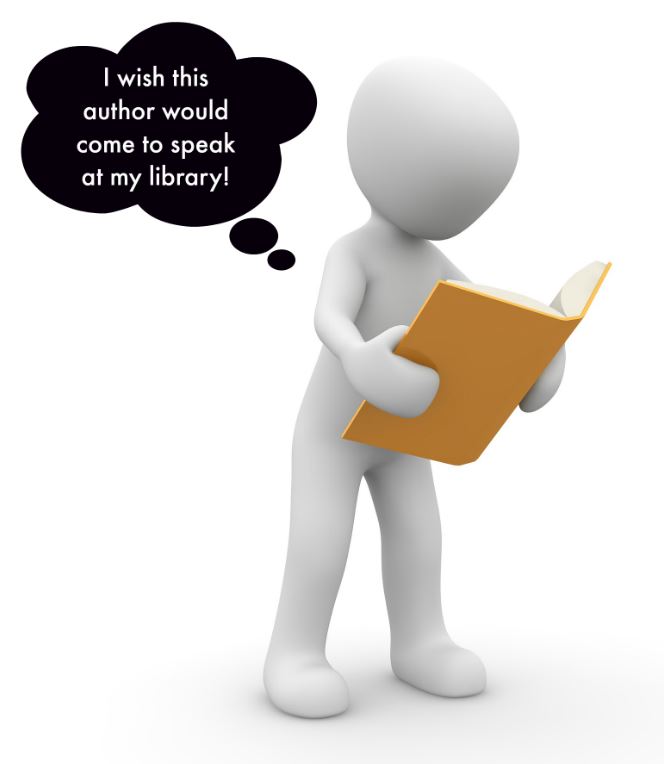The first session of the Inclusive Services Institute took place March 12-14, 2018. Sixteen participants from Wisconsin public libraries and regional systems came together for three intense days of learning and working. The group will meet again for three days in August.
 The Inclusive Services Institutes is a professional development and workgroup opportunity for Wisconsin public library and regional system staff who are committed to making Wisconsin libraries more inclusive to all community members and potential library users. The Institute offers reflective learning experiences on topics of equity and social justice. See "Announcing the Inclusive Services Institute" post for more details.
The Inclusive Services Institutes is a professional development and workgroup opportunity for Wisconsin public library and regional system staff who are committed to making Wisconsin libraries more inclusive to all community members and potential library users. The Institute offers reflective learning experiences on topics of equity and social justice. See "Announcing the Inclusive Services Institute" post for more details.
The Inclusive Services Statement from the Division of Libraries and Technology provides the foundation for the Institute content and workgroup efforts. During the March session, the statement was updated to include race and ethnicity as dimensions of identity that should neither negatively influence nor interfere with access to library services.
Inclusive Services Institute participants created four teams during the March session. The teams are charged with identifying and developing concrete concepts for public libraries to consider in regard to different aspects of inclusive services. For example, teams might suggest specific ways in which a public library might evaluate the experience of applying for a library card and how library policies play a role, for better or worse. The Inclusive Service Statement and the newly revised Wisconsin Public Library Standards are guiding documents for the teams. Between now and the August Institute session, teams will work collaboratively on the considerations. During the August session, the teams will merge their work into a tool, a yet-to-be-named inventory/rubric/assessment, that will be available for the Wisconsin public library community to test as a prototype.
The four teams and topics are listed as follows:
Who Is Responsible? Service Providers and Policy (Governance, Administration, Staffing)
Jessica MacPhail, Racine Public Library, Lakeshores Library System
Glenny Whitcomb, Chilton Public Library, Manitowoc Calumet Library System
Martha Bauer, Brewer Public Library (Richland Center), Southwest Wisconsin Library System
Irma Keller, Tomah Public Library, Winding Rivers Library System
What the Library Has to Offer (Collections, Resources, Programs, Services)
Mark Jochem, New Berlin Public Library, Bridges Library System
Samantha Johnson, Augusta Memorial Public Library, Indianhead Federated Library System
Kristina Gomez, Milwaukee Public Library, Milwaukee County Federated Library System
Susan Younger, Wautoma Public Library, Winnefox Library System
Where the Interactions Take Place (Facility, Access)
Bobbie Kuehn, Brown County Library (Green Bay), Nicolet Federated Library System
Emilie Braunel, Plum Lake Public Library, Northern Waters Library Service
Laurie Ollhoff, T. B. Scott Free Library (Merrill), Wisconsin Valley Library Service
Holly K. Smith, Monarch Library System
Community Engagement (Community Relations, Funding, Self-Care)
Rene Bue, Hedberg Public Library (Janesville), Arrowhead Library System
Lisa Rivers, Southwest Library (Kenosha), Kenosha County Library System
Elizabeth Timmins, Muehl Public Library (Seymour), Outagamie Waupaca Library System
Shauna Koszegi, Sun Prairie Public Library, South Central Library System
The Inclusive Services Institute Leadership Team includes Shawn Brommer, South Central Library System; Leah Langby, Indianhead Federated Library System; Tessa Michaelson Schmidt, DPI; and Shannon Schultz, DPI.
The Institute is supported through an LSTA grant from the Institute for Museum and Library Services (IMLS) administered by the Public Library Development Team at the Wisconsin Department of Public Instruction (DPI).
Written by:
Tessa Michaelson Schmidt
Public Library Development Team
Image source


 The deadline has been extended until Friday, April 6, 2018 for the “Students as Community Members: Connecting through Books, Collections, and Perspective Sharing” workshop at Hotel Marshfield on Tuesday, May 8, 2018. This workshop is one of two "Connect and Create Workshops for Public and School Librarians" hosted by The Wisconsin Department of Public Instruction. Registration is FREE and includes lunch. Register online here:
The deadline has been extended until Friday, April 6, 2018 for the “Students as Community Members: Connecting through Books, Collections, and Perspective Sharing” workshop at Hotel Marshfield on Tuesday, May 8, 2018. This workshop is one of two "Connect and Create Workshops for Public and School Librarians" hosted by The Wisconsin Department of Public Instruction. Registration is FREE and includes lunch. Register online here:  The Inclusive Services Institutes is a professional development and workgroup opportunity for Wisconsin public library and regional system staff who are committed to making Wisconsin libraries more inclusive to all community members and potential library users. The Institute offers reflective learning experiences on topics of equity and social justice. See "
The Inclusive Services Institutes is a professional development and workgroup opportunity for Wisconsin public library and regional system staff who are committed to making Wisconsin libraries more inclusive to all community members and potential library users. The Institute offers reflective learning experiences on topics of equity and social justice. See "